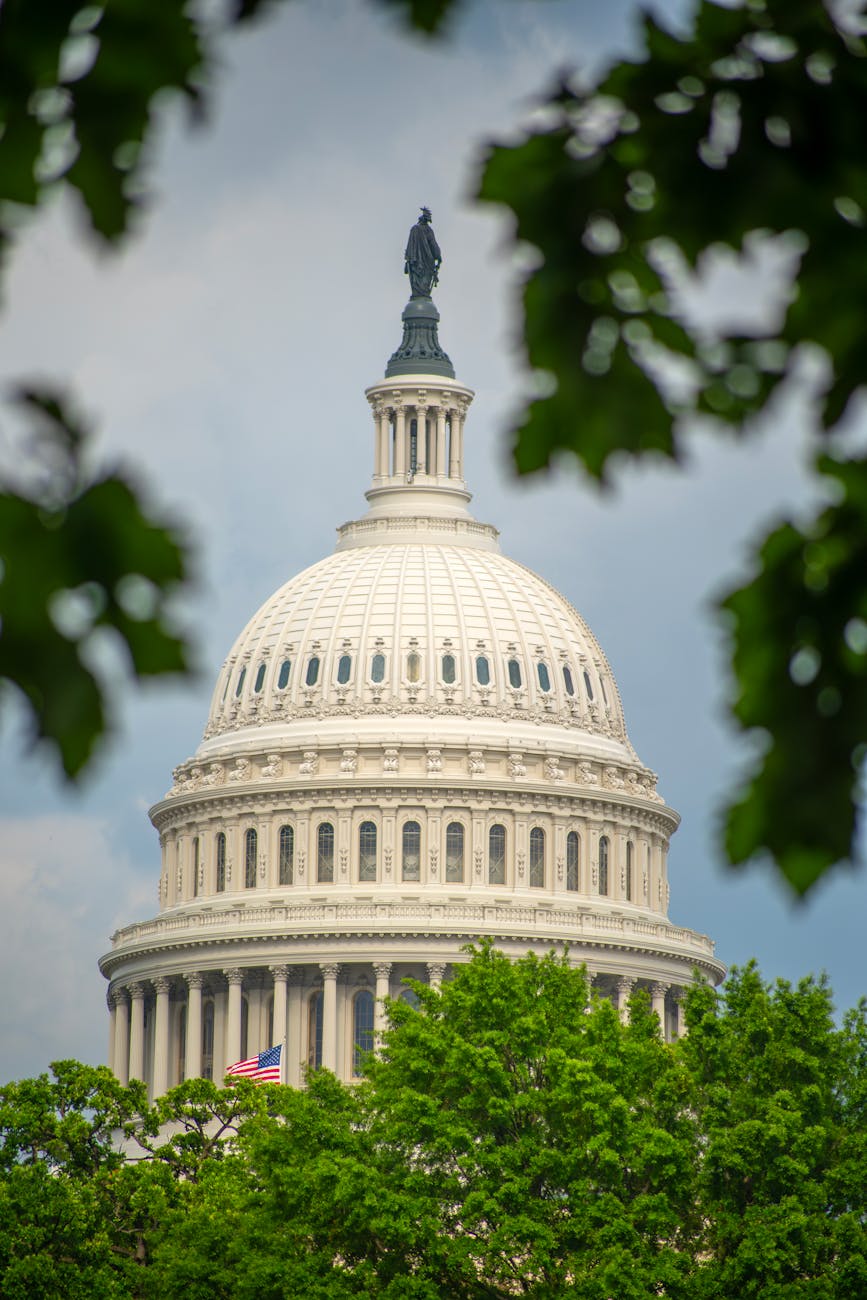Trump Hits Pause on TikTok Ban
The TikTok saga continues as President Trump has decided to extend the deadline for a potential ban on the popular social media platform. Originally slated for an immediate execution, the ban now stretches into December, allowing more time for negotiations between the U.S. and China. This decision is not just a casual timeout; it highlights the complexity of international relations and the balancing act of protecting national interests while navigating a digital landscape that millions rely on daily.
Why the Extension Matters
This extension is more than just a delay; it signifies the administration’s recognition of TikTok’s massive user base in America. With over 100 million users in the U.S. alone, a ban could have significant repercussions not only for users but also for businesses that leverage the platform for marketing and engagement. The administration seems to be weighing the economic impact against security concerns, a delicate dance that could determine the future of American social media consumption.
Businesses, influencers, and everyday users have built their brands and communities on TikTok. A sudden ban could lead to chaos, disrupting not just social interactions but also advertising strategies that have become integral to many companies’ bottom lines. This extension offers a lifeline for brands that rely heavily on TikTok for customer engagement and outreach, allowing them to strategize for a potential worst-case scenario.
Negotiations with China
As talks between the Trump administration and Chinese officials unfold, the focus is on the terms surrounding a potential deal. The crux of the negotiations revolves around data security and ownership. Trump has previously voiced concerns over the app’s Chinese ownership, which raises alarms about user data potentially falling into the hands of the Chinese government. The stakes are high, and both parties know that a hasty decision could lead to a wider fallout, not just in tech but across various sectors of the economy.
The administration aims to ensure that American user data is safeguarded and that the app complies with U.S. regulations. This is a crucial point of contention. It’s not just about TikTok; it’s about the broader implications of data control and security in our increasingly interconnected world. The outcome of these negotiations may set the tone for how future tech deals are structured, influencing everything from app ownership to privacy regulations.
The Bigger Picture
This extension may serve as a temporary solution, but it opens up broader questions about digital sovereignty and the future of technology in the U.S. As global tech giants continue to navigate increasingly complex regulatory environments, the outcome of this negotiation could set a precedent for how foreign-owned platforms operate in the United States. It’s a pivotal moment that could reshape not just TikTok’s future, but the entire landscape of social media and digital interaction.
Moreover, the ramifications of this situation extend beyond just TikTok. It raises essential questions about how the U.S. will handle not only Chinese-owned tech companies but also other foreign entities that might be subject to similar scrutiny. Will this instigate a trend toward more stringent controls on foreign tech companies? The tech landscape is already rife with challenges, and this could be the tipping point that leads to more aggressive enforcement of data privacy regulations.
Furthermore, the ongoing discussions can be seen as a microcosm of the larger geopolitical tensions between the U.S. and China. As both nations vie for technological supremacy, how each side handles platforms like TikTok could have broader implications for international business practices and digital diplomacy.
Questions
What implications does this delay have for TikTok users in the U.S.?
How might the outcome of these negotiations affect future tech regulations?
Could this scenario lead to more stringent controls on foreign tech companies?


